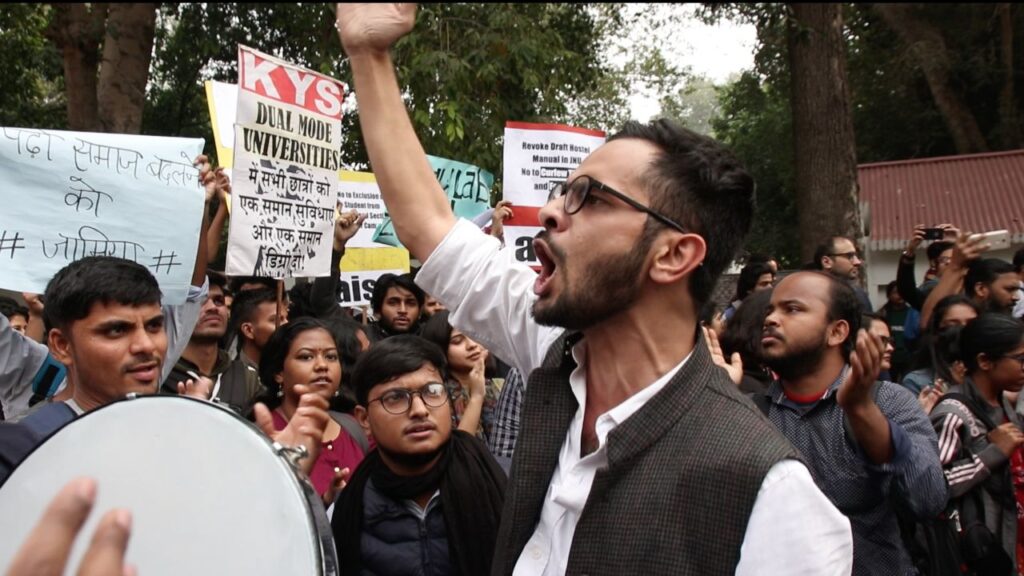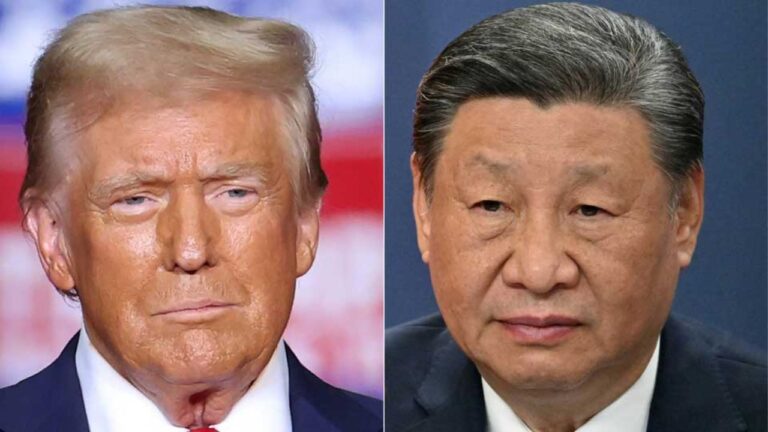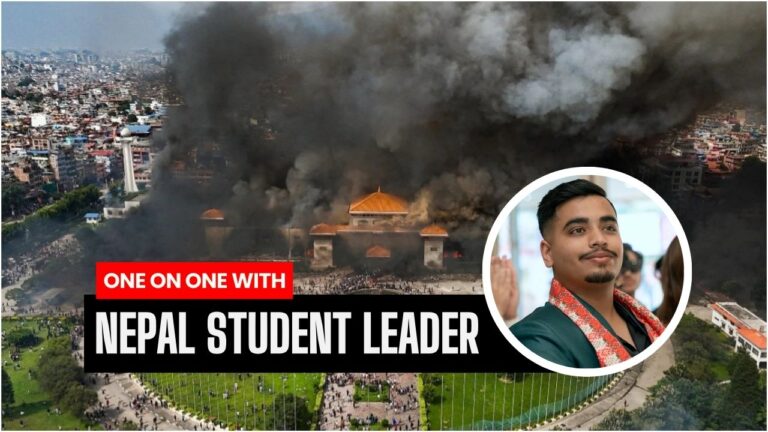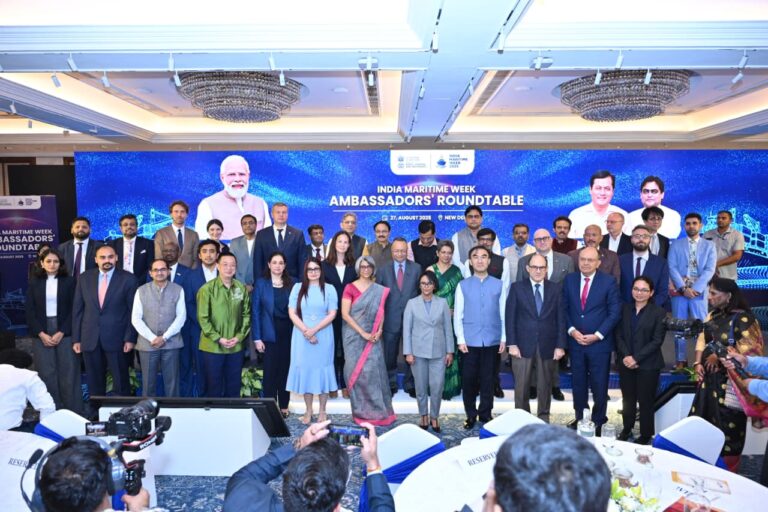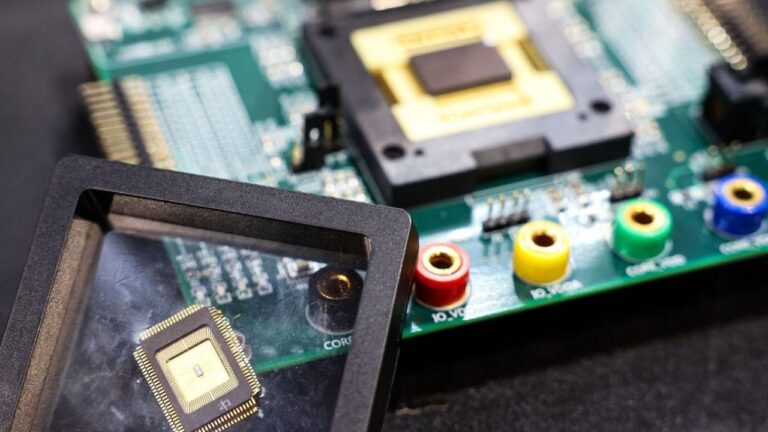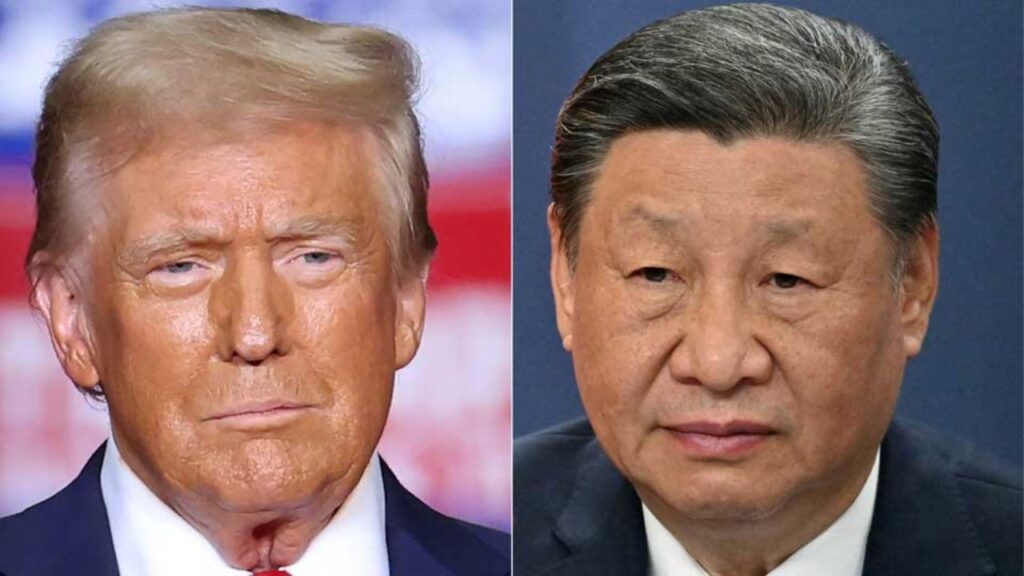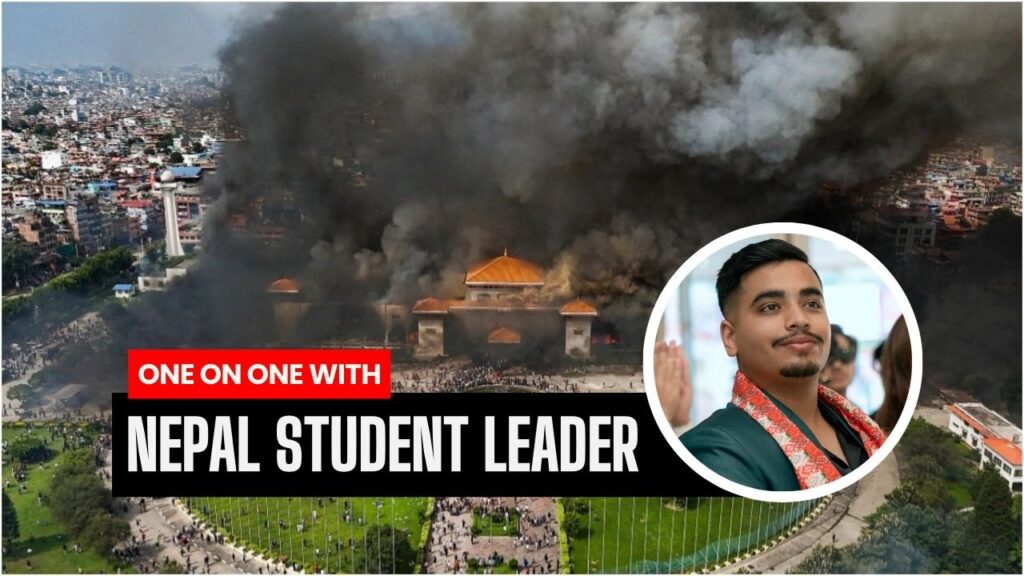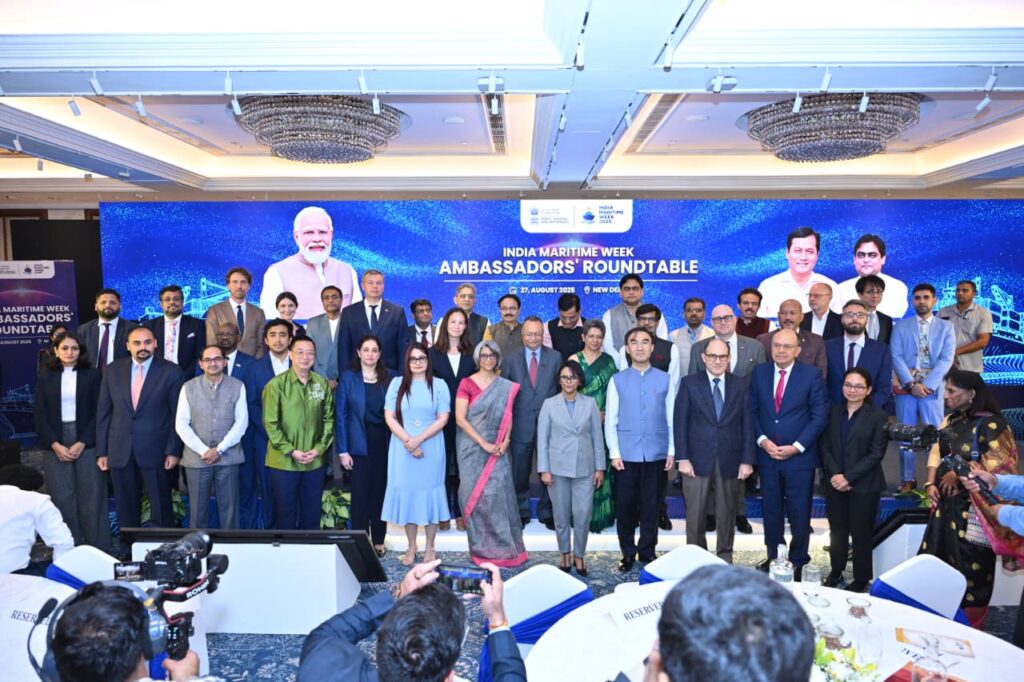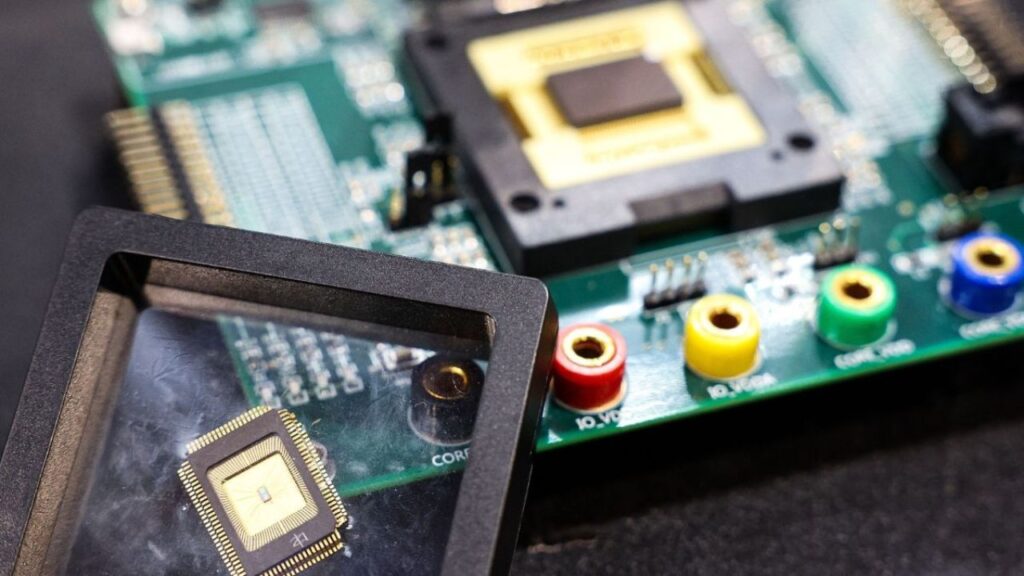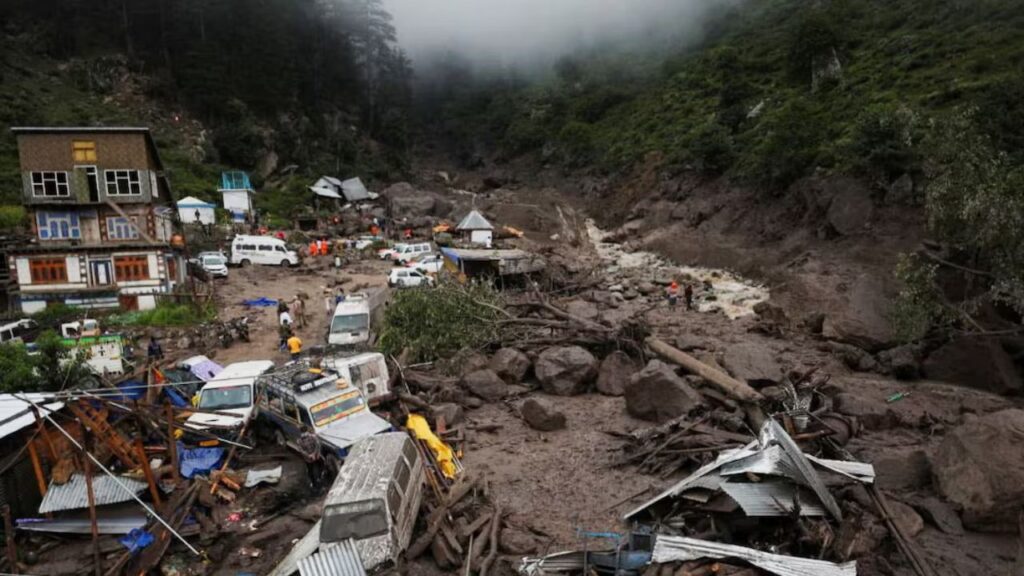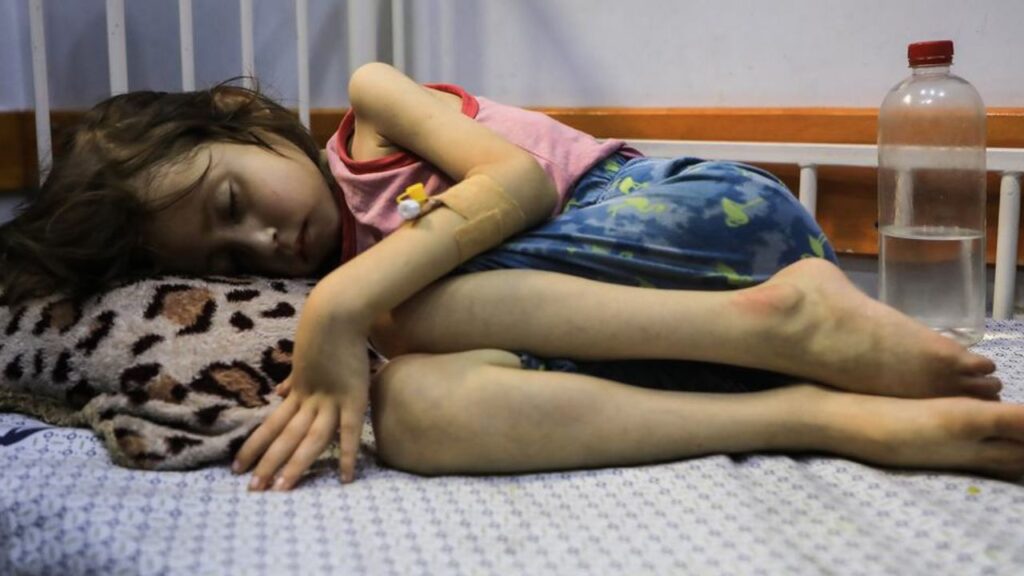The history of the world reminds us of Athens in Greece, where democracy was born with the aim of ensuring justice, equality, and the protection of rights. The question arises: is Umar Khalid a prisoner of democracy or a victim of politics? Democracy is considered the best system of governance because it gives people the right to express themselves and protects freedom of thought. But if in such a system someone is imprisoned for raising his voice, then this system itself becomes questionable.
Umar Khalid is an alumnus of Jawaharlal Nehru University. He raised his voice against injustice, but instead was put behind bars. His case is a reflection of the weaknesses of our democratic structure. He has been imprisoned for years without trial, without justice being delivered, and this raises the question of whether the judicial system is truly independent or under political influence.
India is the largest democracy in the world, where people from different religions, sects, and classes live. The constitution guarantees everyone freedom of expression and equality, but Umar Khalid’s case shows us another face of democracy. The basic question is: why has he not yet been given justice? If raising one’s voice against oppression is a crime, then the very spirit of democracy is under threat.
It must be remembered that Umar Khalid’s speeches and statements were given the color of rebellion. A particular environment was created against him. His words were cut, twisted, and presented in a way to make him appear guilty. But democracy teaches us that differences of opinion should not be suppressed but respected.
The question is not just about Umar Khalid. The question is about the credibility of democracy, the independence of the judiciary, and the equality of rights. If in the world’s largest democracy, an educated youth is imprisoned for years just because he raised his voice against the system, then it means that our system is weak. Umar Khalid’s case is a big challenge for India’s democracy.
Democracy’s beauty lies in debate, discussion, and tolerance. But in today’s time, intolerance is growing, and the voices of the weak and oppressed are being stifled. Umar Khalid’s case is proof that our democratic system is in danger. If democracy is to be saved, then justice must be delivered in Umar Khalid’s case and in all such cases.
The world is watching India. If justice is denied here, then the country’s image will be tarnished before the world. The responsibility lies with the judiciary and the government to ensure that no innocent person is punished because of political differences.
The truth is that Umar Khalid is not alone; he represents thousands of such voices that are silenced. If democracy is to remain alive, then such voices must be respected, not crushed. His release will not just be the freedom of one person, but also a message to the world that India’s democracy is still strong, where dissent and opposition are tolerated.
Shoaib Raza Fatmi is a senior journalist based in Delhi. Since 1985, his work has been consistently published in newspapers, magazines, and books. He is currently associated with the Urdu Daily ‘Hamara Samaj’. He has authored several children’s storybooks and has made significant contributions to the field of Urdu literature. His collection of poetry titled ‘Ek Lafz Ki Talaash’ has been published and is also available on Rekhta’s website. He has also worked with the National Council for Promotion of Urdu Language.
Disclaimer: The views and opinions expressed in this piece are those of the author and do not necessarily reflect the views of the editorial board or the organization.

